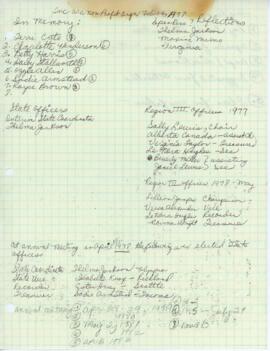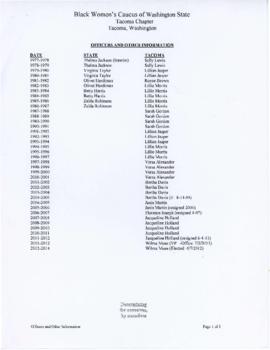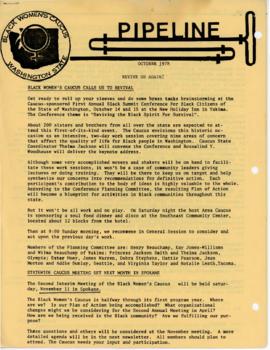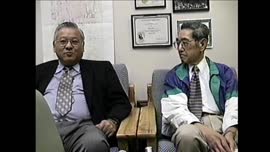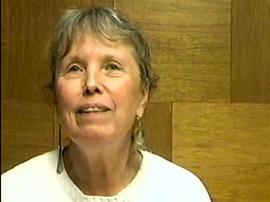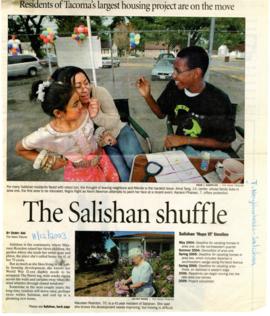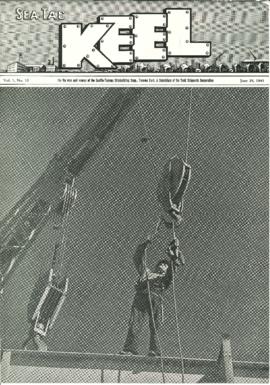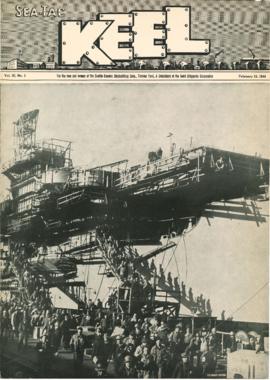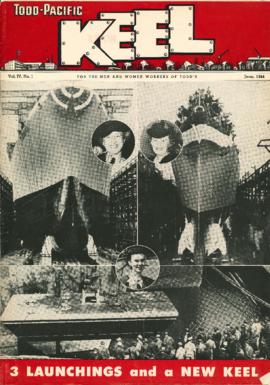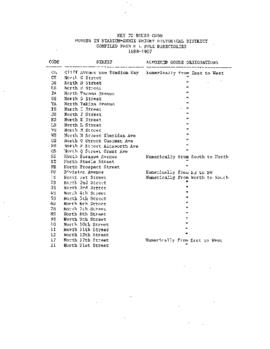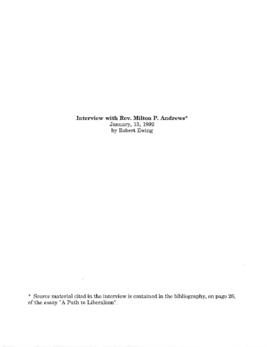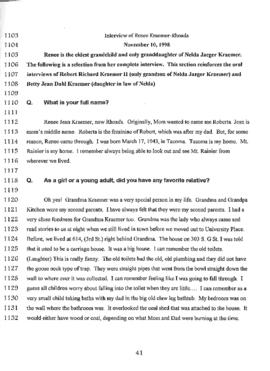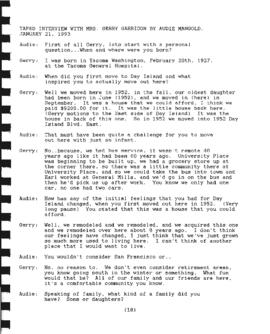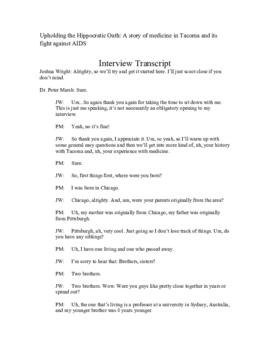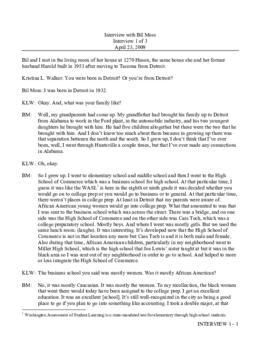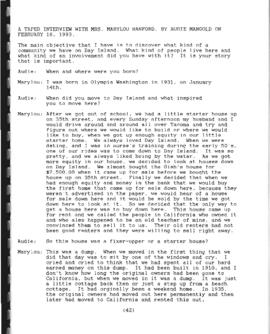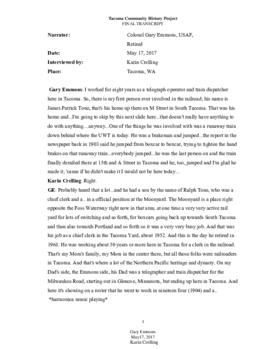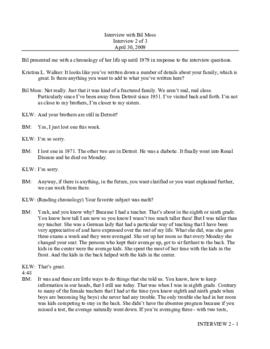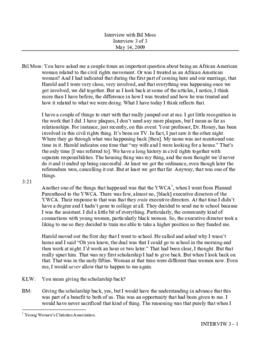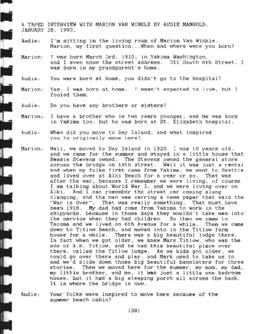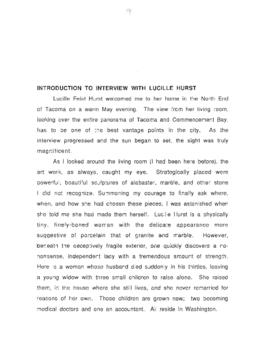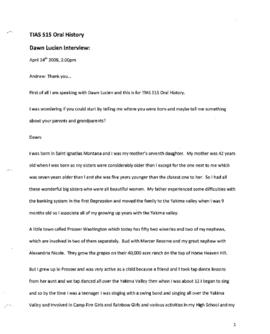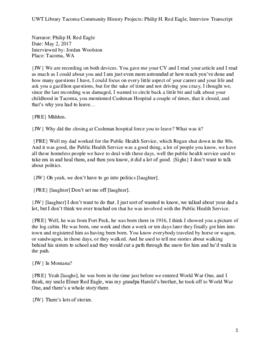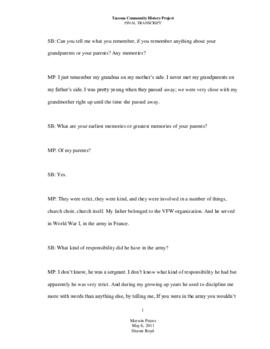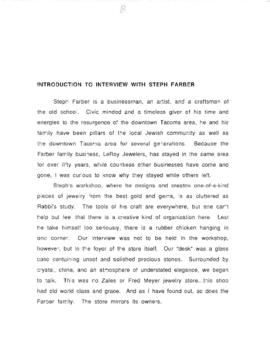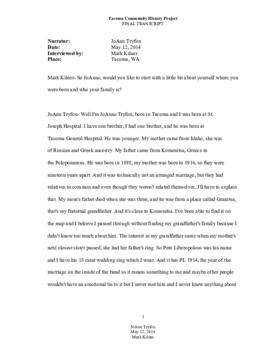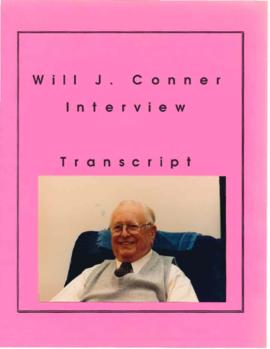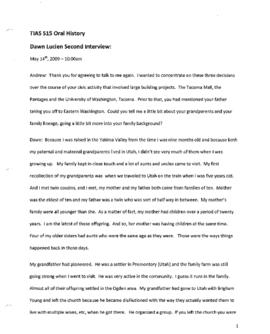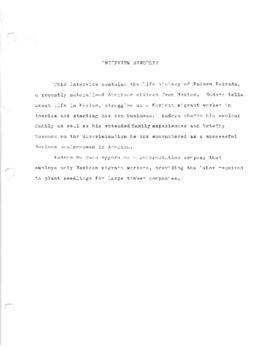Oral history interview with Gary Emmons by Karin Crelling conducted 05/17/2017. Gary Emmons was in a unique position in the 1960s, working for the Northern Pacific Railway as a telegrapher. He was witness to the change from manpower to computers. The telegraph station at McCarver Street in Tacoma, Washington was one of the most important stations in the area. Trains would not leave Tacoma, unless they had received their instructions from this station. This paper will provide a brief history of not just the McCarver Street station, and how it operated, but also other institutions, that were intricately connected to the Northern Pacific Railway here in Tacoma; institutions such as McKinley Hill Hospital, the Great Tacoma Shops, Union Station and, very briefly, the decline and the revival of downtown Tacoma and the restoration of Union Station, as well as the present campus of the University of Washington, Tacoma. This research will cover a span from approximately 1910 to 2000 and follows loosely the interview conducted with Col. Gary Emmons, USAF, Ret.
